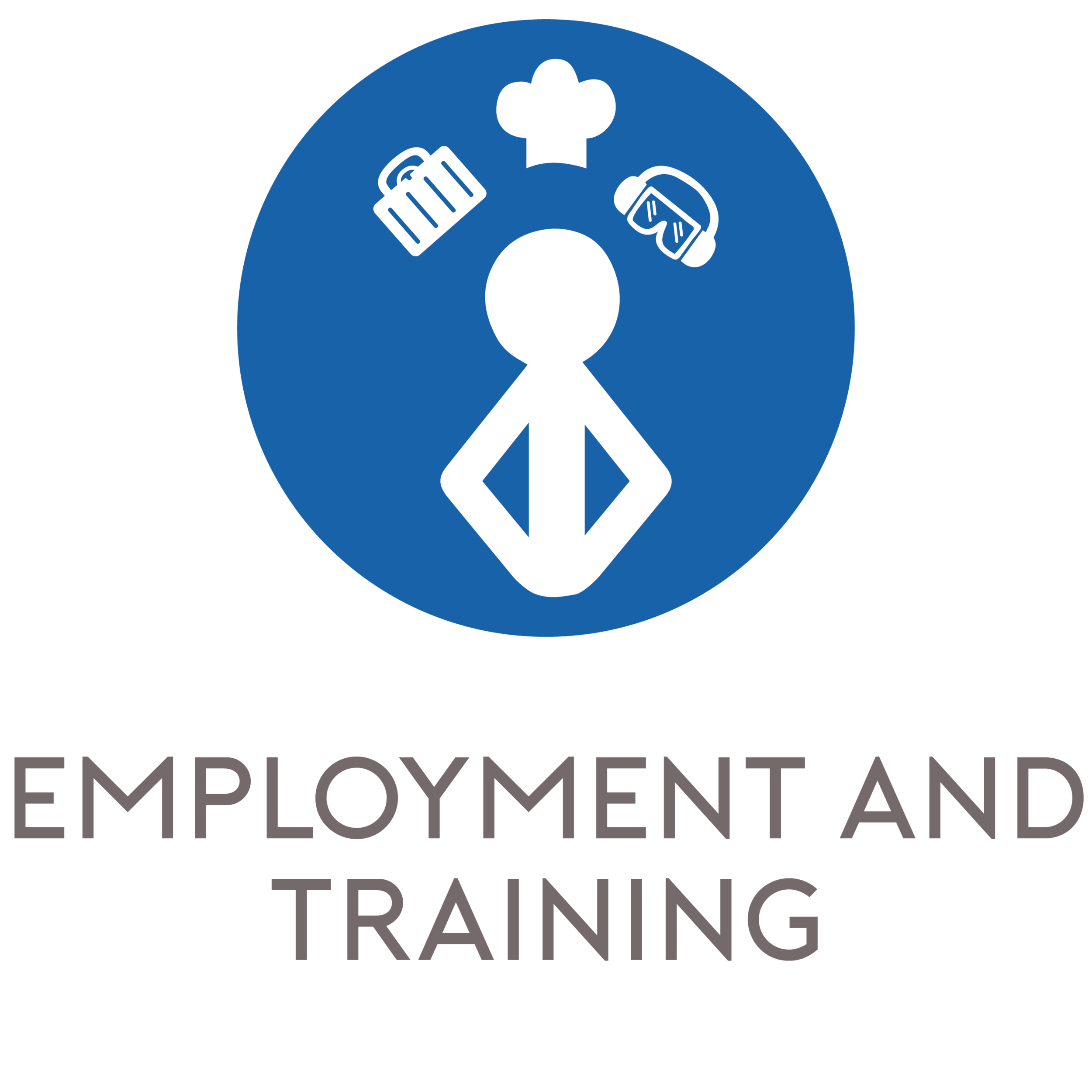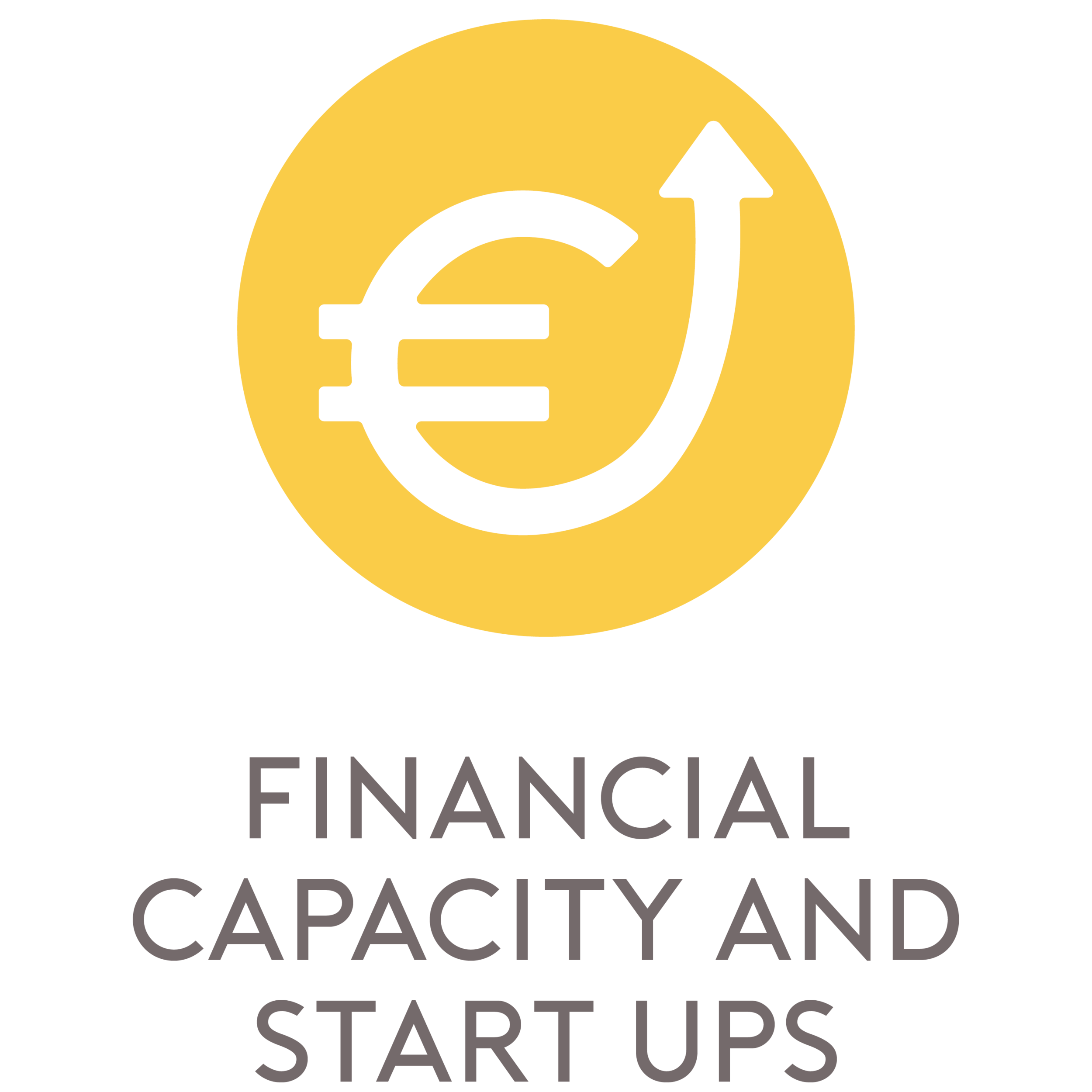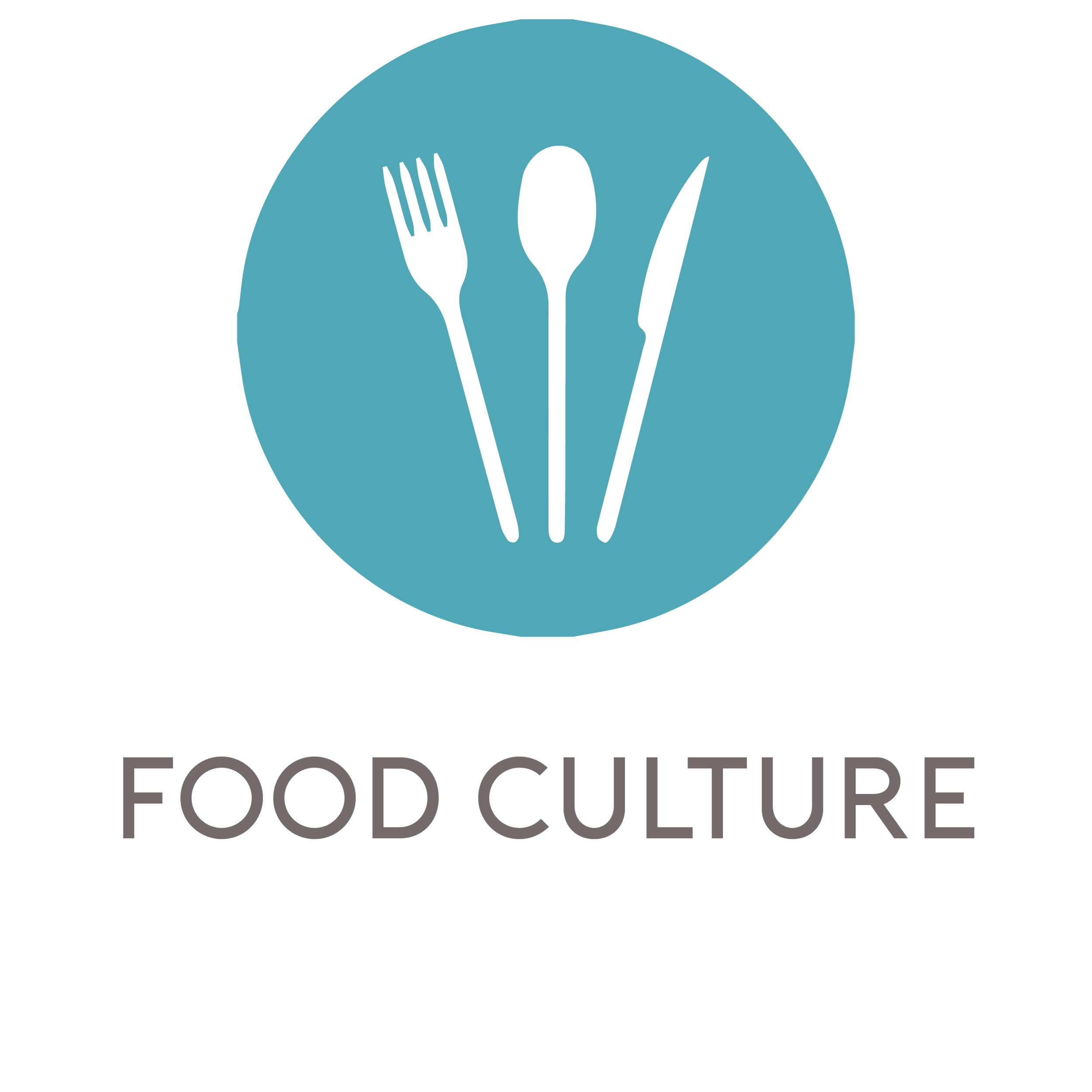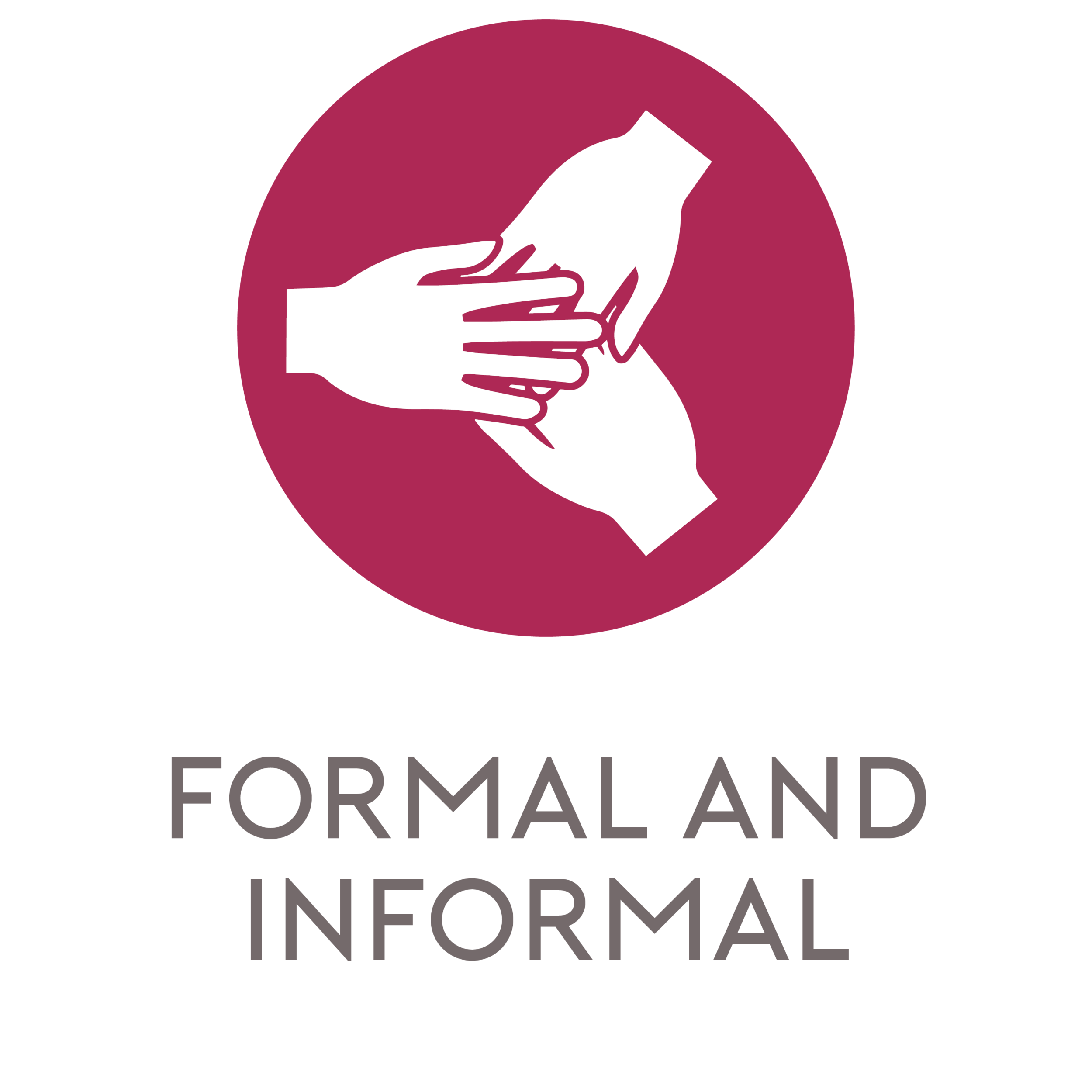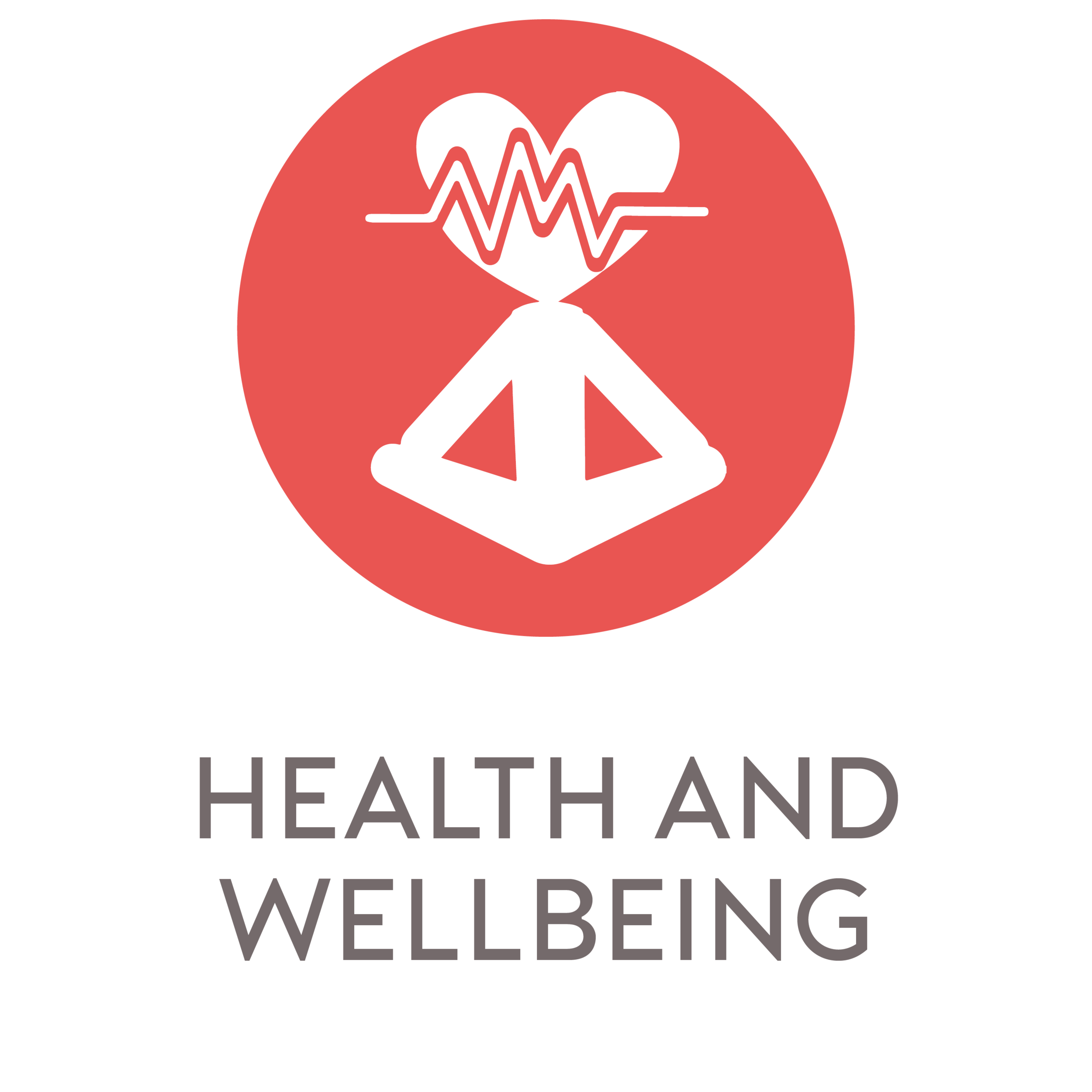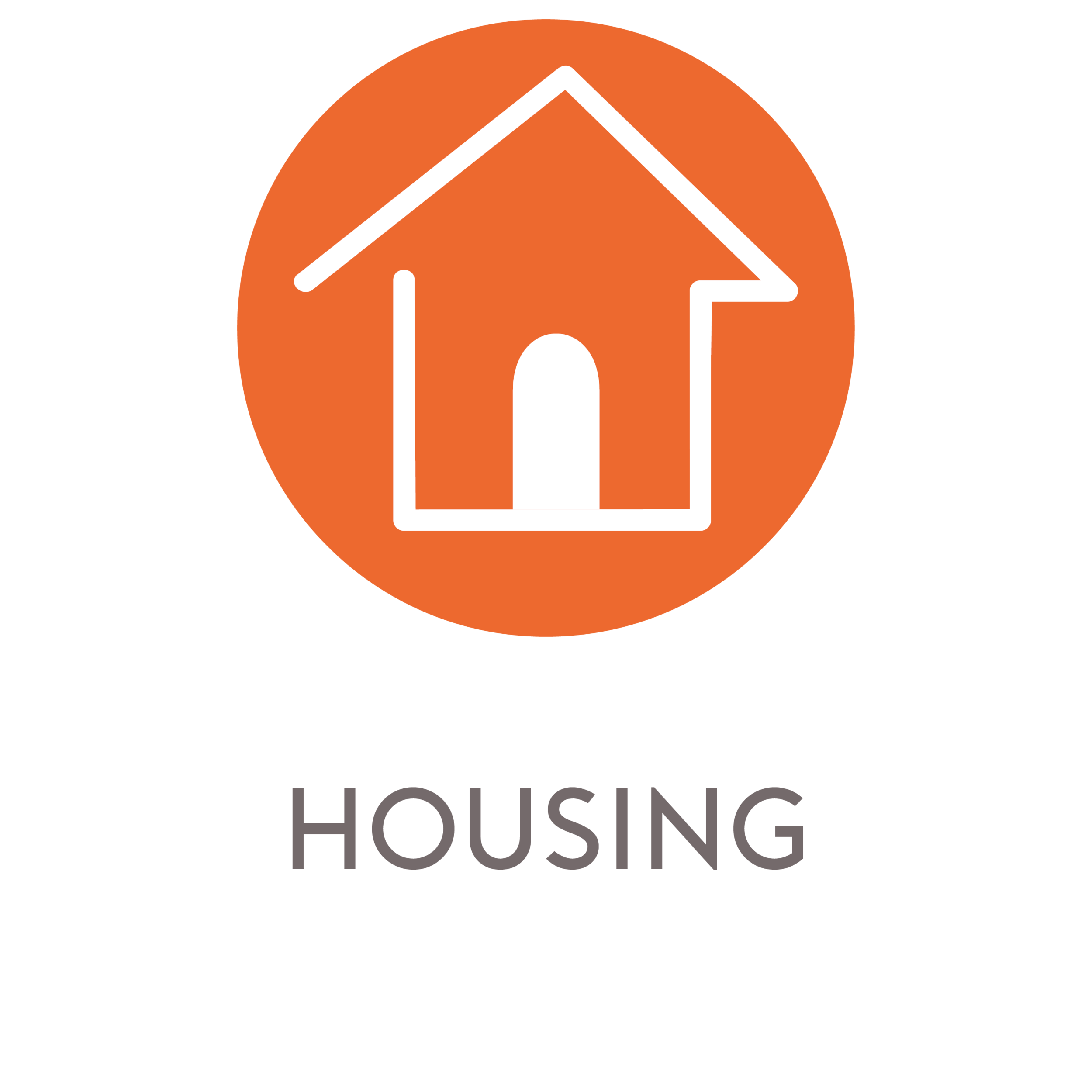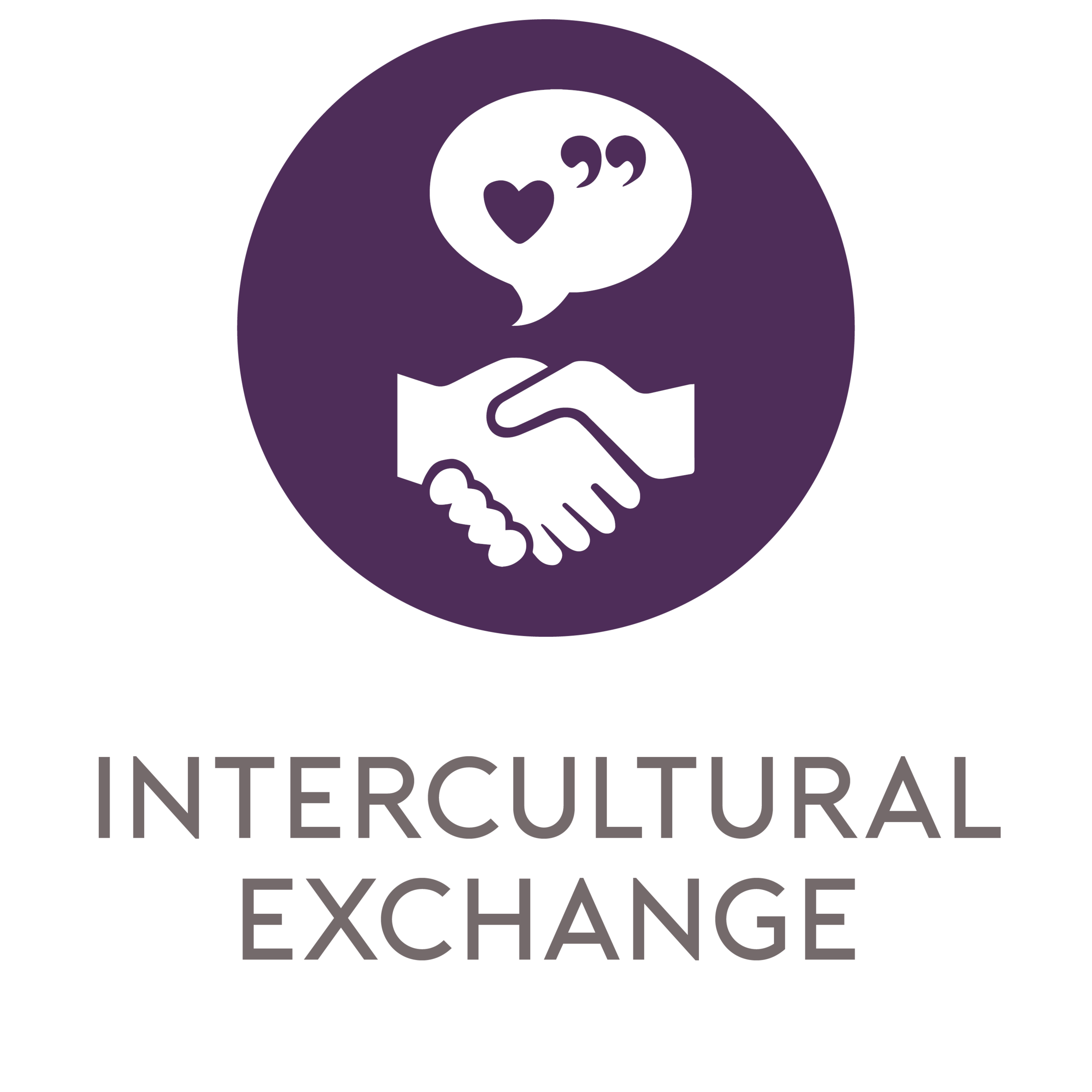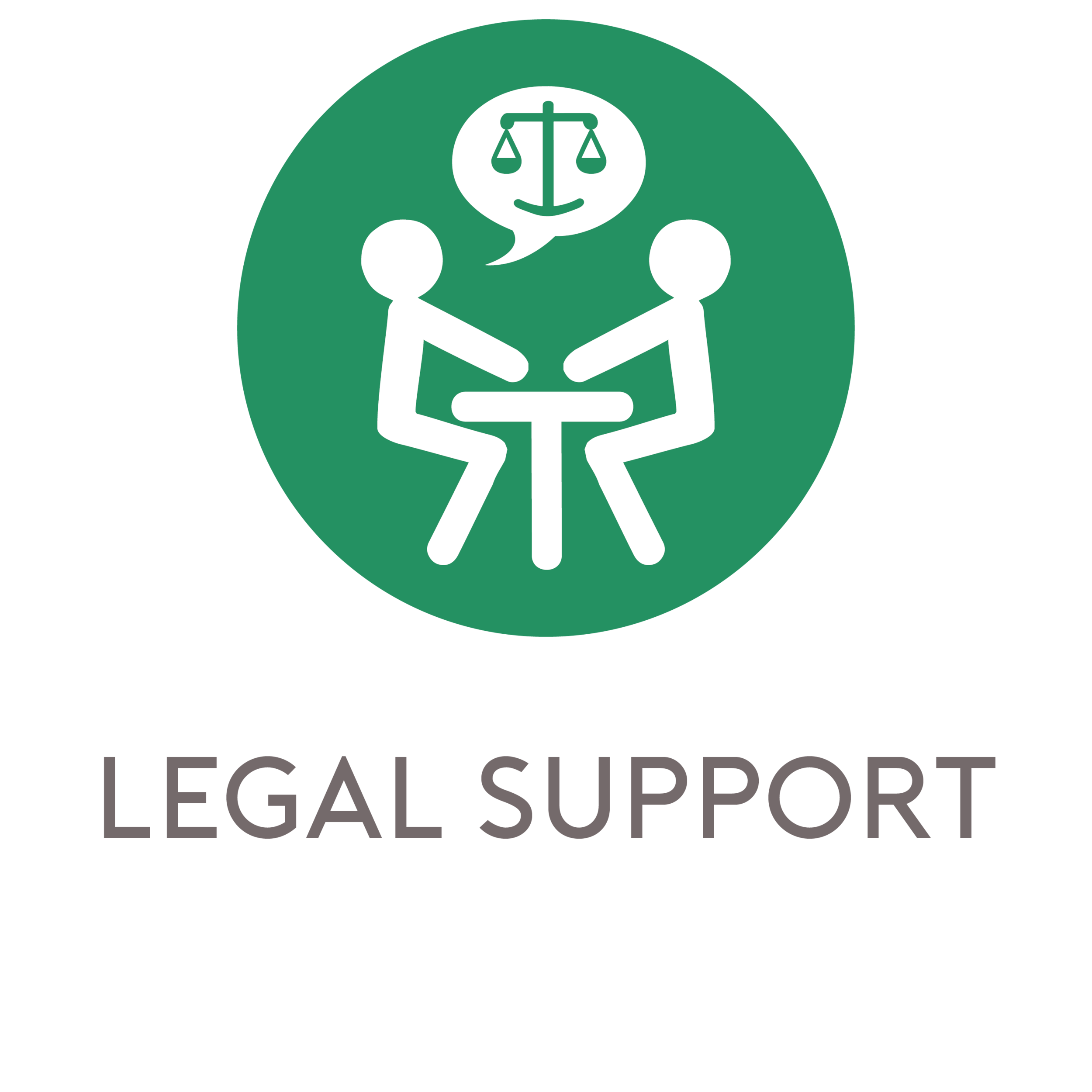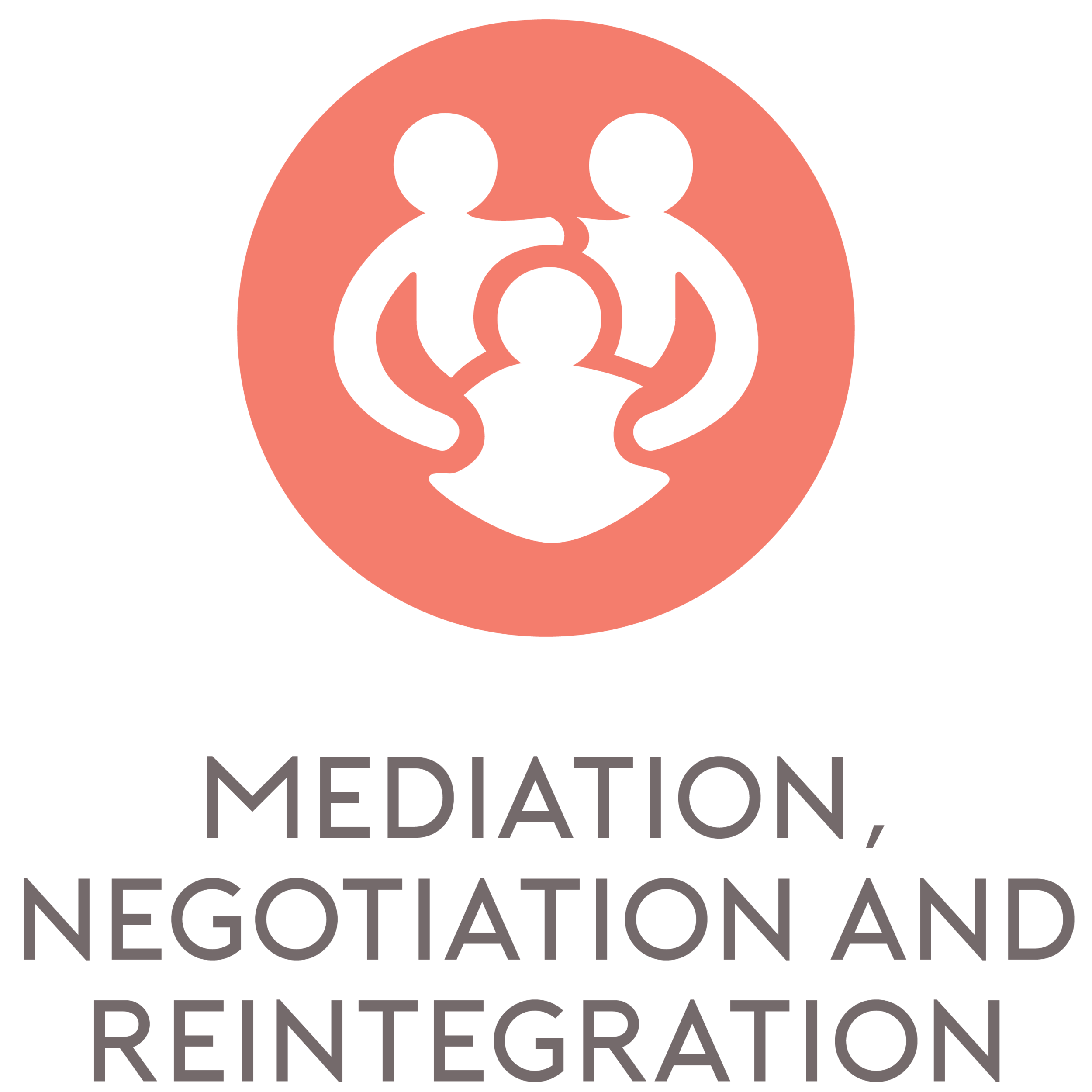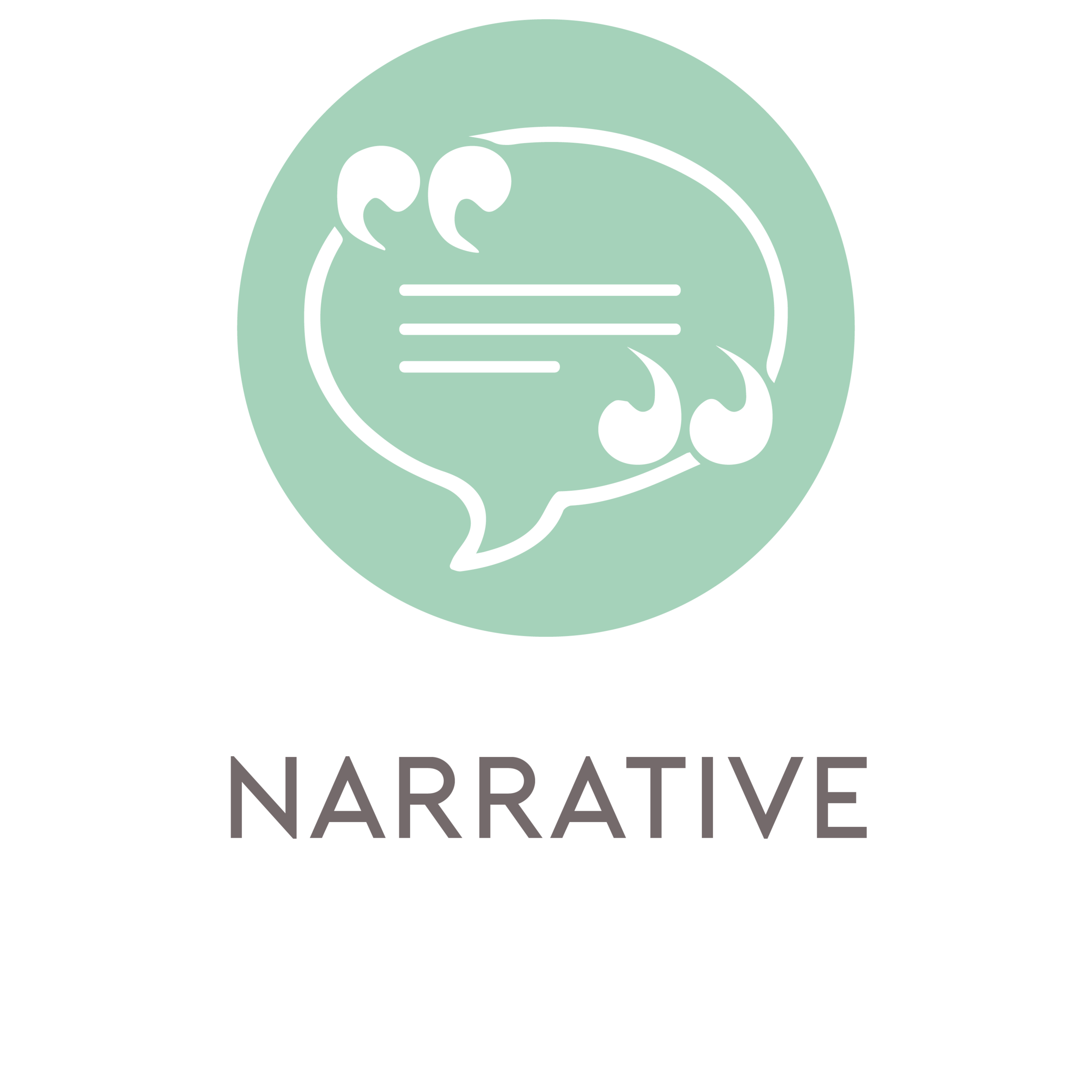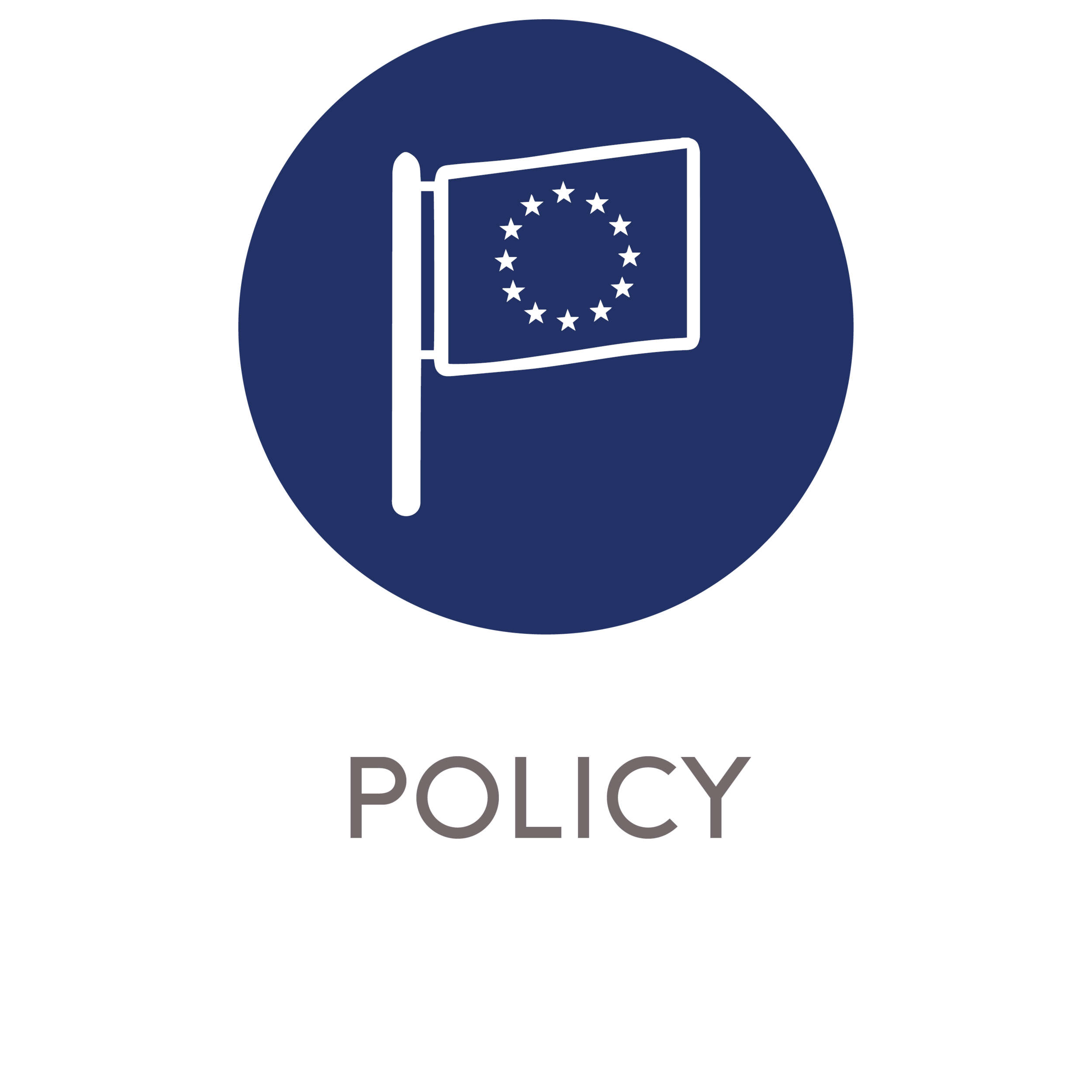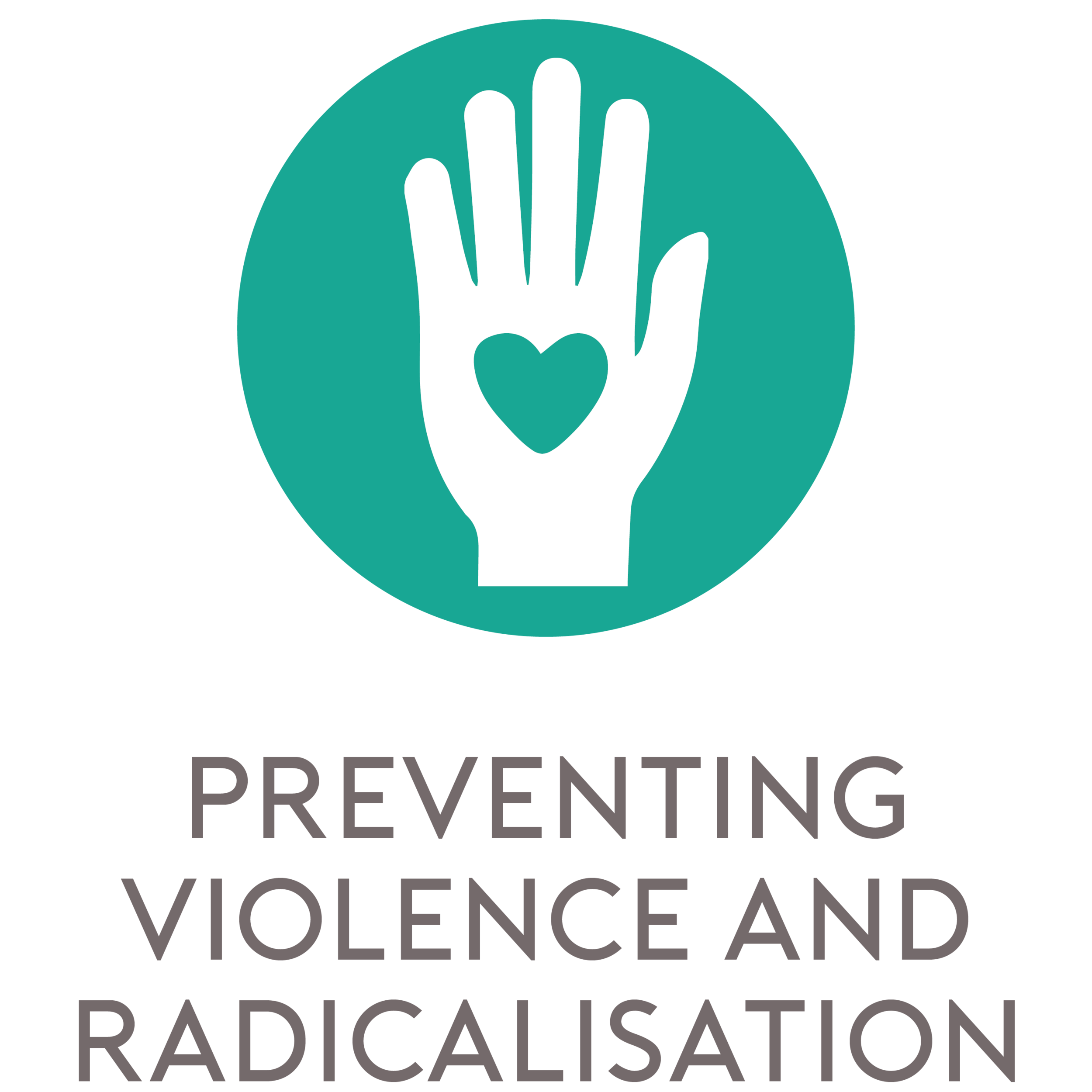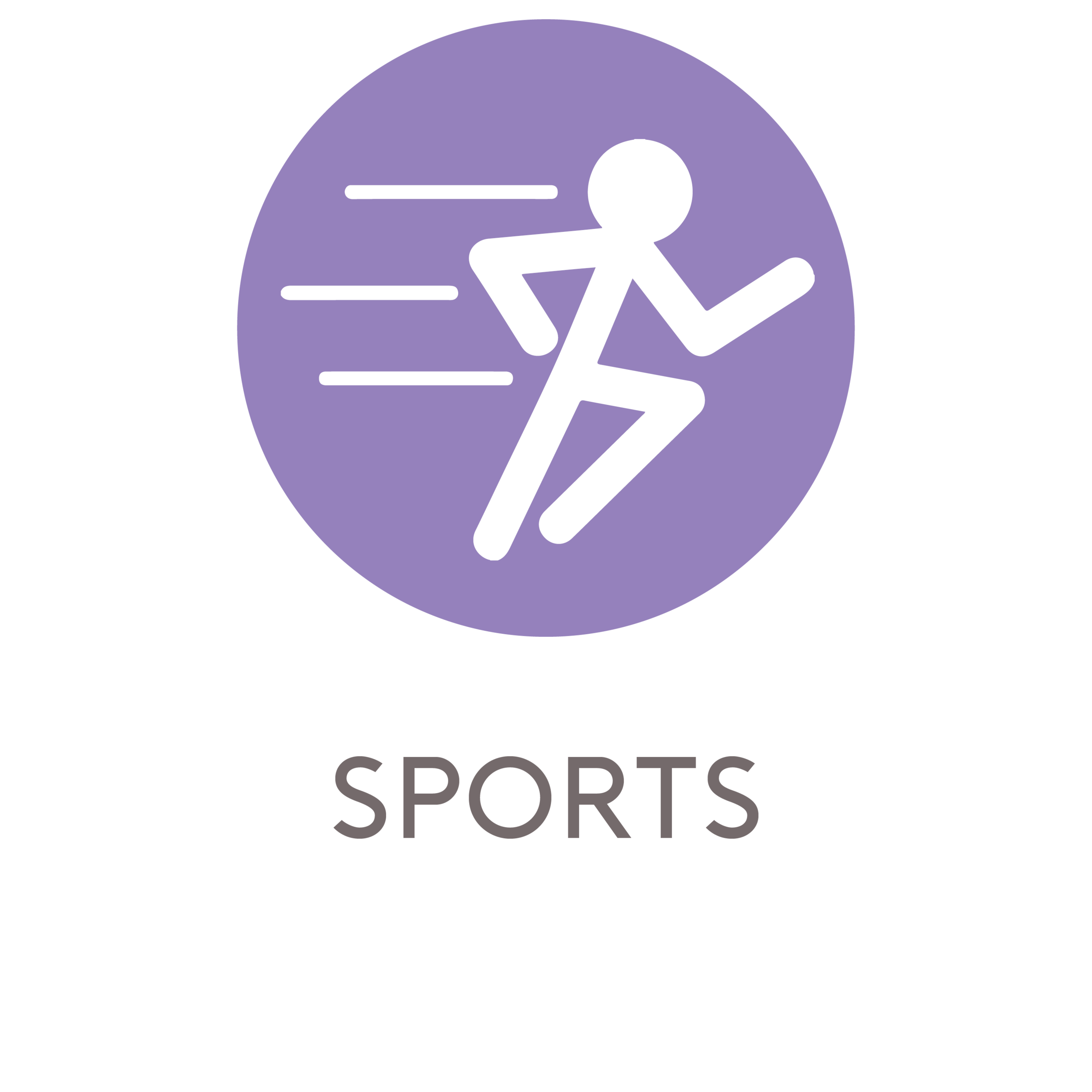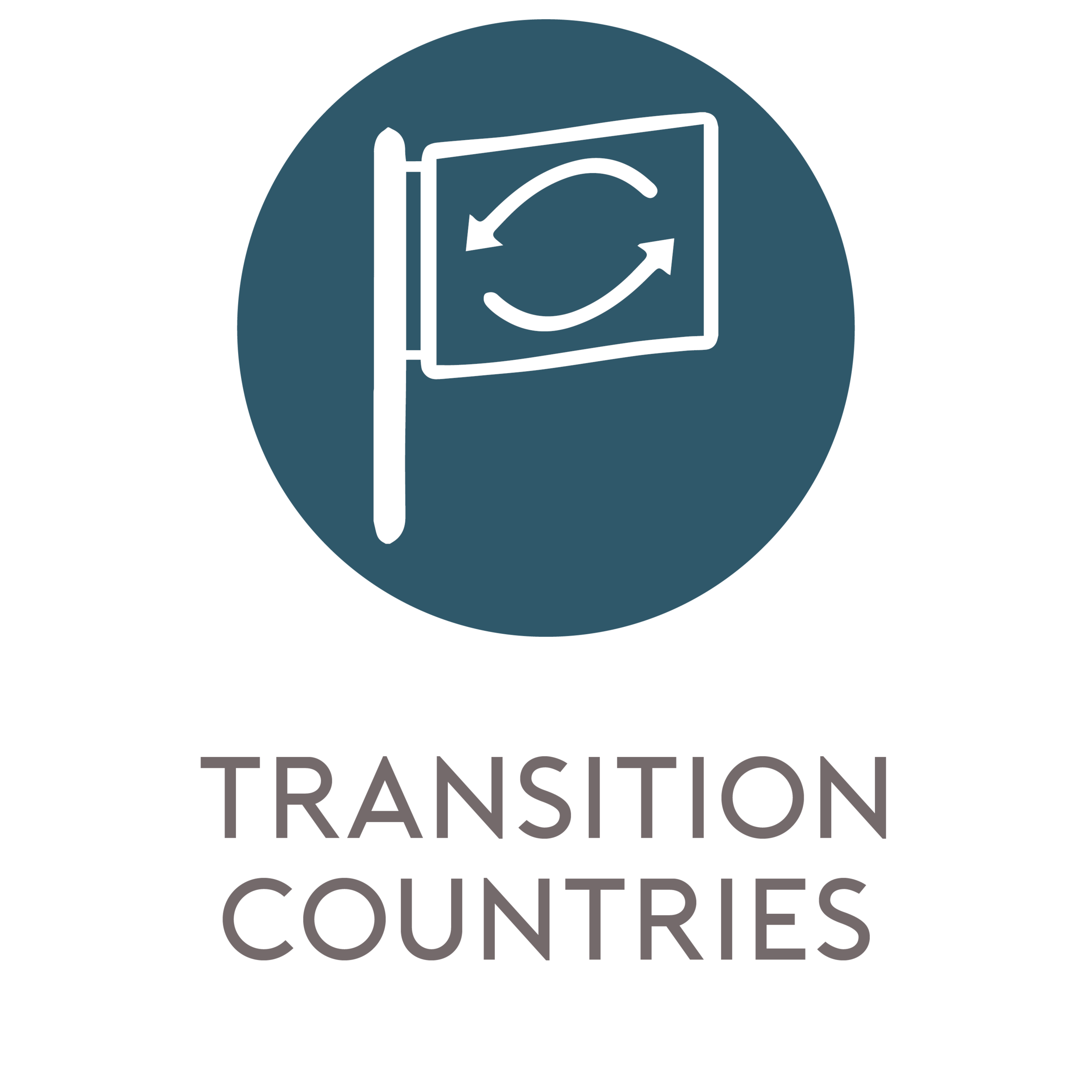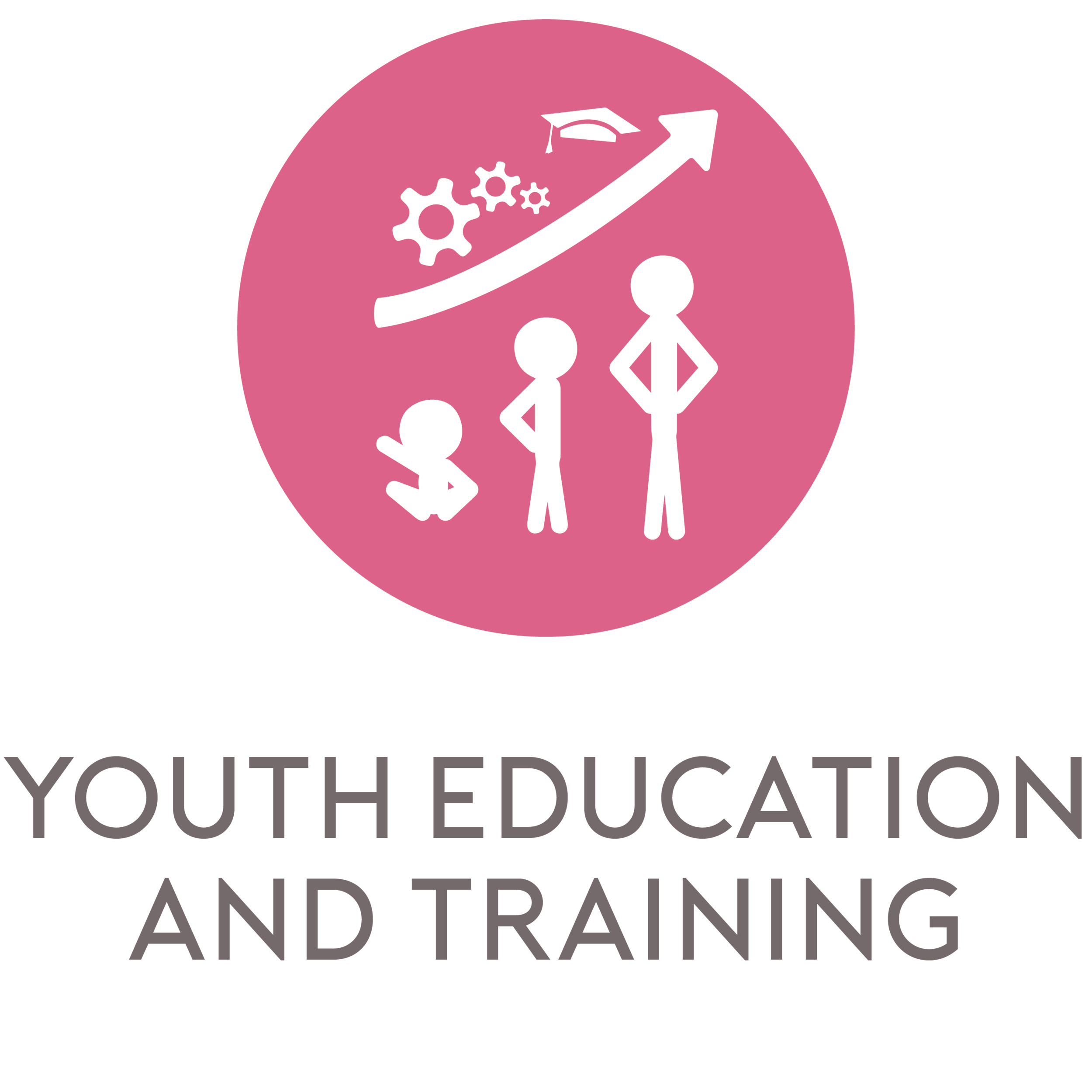+Portfolio of Solutions
―Health and Wellbeing
Ethnomedizinisches Zentrum
Ramazen Salman
The Problem
Nearly 15 percent of the German population, approximately 12 million people, are immigrants themselves or children of those who immigrated to Germany. There is a direct relation between the integration of migrants into new local communities and their health.
The Solution
The Ethnomedizinisches Zentrum (ethnomedical centre) was founded by Ramazan Salman in 1990 in Hannover, with at its core a system of nationwide networks called MiMi – migrants for migrants. This serves as a support system that bridges the gap between German healthcare and immigrant communities. In this network, successfully integrated migrants help others to overcome isolation, depression, cultural barriers and mistrust, as well as understand their rights in the German healthcare system. All mediators are linked in a nationwide network to ensure exchange of learning and best practices. Through taught courses, Ramazan provides information and sparks discussion on HIV and aids, children’s healthcare, birth control, pregnancy, vaccination, substance abuse, nutrition, first aid, depression and mental health.
The Impact
This model has expanded to each of Germany's 24 biggest cities and several states. It has instructed over 1,000 mediators from 50 different nations—almost 80 percent of them female —and has directly reached approximately 60,000 migrants from 70 nationalities. The costs for the materials and mediators for different courses are covered by local governments and Germany’s second largest state health insurance company.
IPSO
Inge Missmahl
Founded by Ashoka Fellow Inge Missmahl
The Problem
Flight migrants often arrive in a new country after significant trauma. The extensive asylum procedures and practical and cultural difficulties in their new homes lead to re-traumatisation and stress.
The Solution
IPSO provides refugees with psychological and social counselling. Through a new methodology, which places high value on individual context and cultural background, IPSO provides support on a personal level without expected assimilation or adaptation from the migrant. The available e-care provides online video face-t0-face counselling for people in transit and those embarrassed or uncomfortable to seek help in person. Additionally, the programme has been training refugees themselves to become peer counsellors, providing immediate recognition and support to those with similar experiences, language and culture.
The Impact
IPSO was originally developed in Afghanistan in 2008, where it currently supports up to 50,000 people per year. Since then, it has been established in Haiti, Ukraine and Germany, where it provides psychological support to many people that suffer from trauma.
KA-MER
Nebahat Akkoç
Founded by Ashoka Fellow Nebahat Akkoç
The Problem
One of the regions in Turkey has a long history of women abuse. There is little support and few resources are available to change this and stop violence against women.
The Solution
KA-MER is a support and resource centre for women in Turkey. Based on the firm belief that stopping violence against women is the first stop to ending conflict, the project challenges the normalisation of domestic violence. KA-MER increases awareness of women’s rights as citizens, wives and mothers, and provides tools that empower them. At the centre, the women have access to counselling and childcare, and are supported to find employment with the aim to achieve financial independence and gain self-respect.
The Impact
KA-MER has expanded to 23 centres across many provinces and districts in the South-eastern and Eastern Anatolian regions. Despite initial disregard of the ideas behind the centres, the project is slowly expanding its reach across villages and regional communities. Through this work, KA-MER challenges the poverty, male sovereignty and political turbulence that obstruct democratic ideals in these regions. The project was internationally recognised and continues to affect communities at both a local and global scale.
Refugee Openware
Dave Levin
The Problem
Increased conflict have led to many displaced communities unable to imagine a future. There is a lack of (support of) humanitarian innovation, as well as a lack of agency of and resources available to affected communities.
The Solution
Refugee Openware is a network of social entrepreneurs united by a common understanding of change and operating through a decentralized governance structure. The project was founded in 2014 by Dave Levin and Dr. Evan Malone (Founder of NextFab and NextFab Foundation). It sets out to channel opportunities enhanced or created through advanced (use of) technologies to those who need it most. New technologies – currently inaccessible for or unavailable to displaced communities – can enable individuals in these communities to take on the personal and collective challenges. The project aims to help these communities to feel connected to the future and empowered to rebuild the shattered world around them.
Solentra
Geertrui Serneels
Founded by Ashoka Fellow, Geertrui Serneels
The Problem
The 21st century has been identified as the ‘migration century’ due to the increased global movement of people. Since 2015, Europe has experienced a heavy influx of refugees and migrants after which many European cities have become ‘super-diverse’. Places are defined by the differences in ethnicity, religion and culture, but often migrants do not feel like local services – such as support with mental health – are available to them. Additionally, local services are not often equipped to understand and help cope with cultural differences and mental health issues related to migration and (lack of) integration.
The Solution
Solentra stands for solidarity and trauma. The organisation aims to transform the mental healthcare system by training professionals who work closely with refugees and applying its PACCT-Methodology (Psychiatry Assisting the Culturally diverse Community in creating healing Ties) of community-based and culturally sensitive psychology for refugees and other migrants. The method acknowledges the importance of equal and open dialogue. To ensure the support of children in different stages of integration, Solentra mobilises a community of actors involved in their lives. Its method removes cultural and language barriers to make mental healthcare accessible for migrants.
The Impact
Solentra has reached over 3,000 migrant and refugee children with its PACCT method. The method was awarded the 2016 Maselis prize for innovation and efficiency. It has been appointed one of the top 3 practices across the 27 EU member states by the International Organization for Migration (IOM). The organisation’s founder – Geertrui Serneels – has been invited by the Flemish Minister of Welfare to present the PACCT methodology as best practice of community-based approach in the youth sector.
Hestia Hellas
Founded by Lauraine Velez and Dimitris Basoukos
The problem
The majority of asylum seekers experience highly complex trauma in their home country, en route to Greece and while awaiting asylum. Greeks also hold trauma through years of economic crises and more recent natural disasters. In addition, access to Greek public health services is underdeveloped and overburdened. Lauraine Velez and Dimitris Basoukos, Hestia’s founders were working with refugees in Greece and identified gaps in the provision of psychosocial support, livelihoods and integrative services that particularly excluded Greeks. Hestia sought to allow Greeks and asylum seekers access to a safe, supportive and community-focused environment where integration is possible.
The solution
Hestia Hellas is a community-based mental health and psychosocial wellbeing centre that tailors integrative and traditional therapies to vulnerable Greek and asylum-seeking families. Founded in 2017, Hestia Hellas was one of the first NGOs to provide job support in Athens and is currently the only NGO in Greece that serves Greeks and asylum seekers and tailors a range of therapeutic interventions to the individual, focusing on mind-body and creative arts therapies. The goal is to self-empower members by providing tools to manage their symptoms and build community. In addition, Hestia has Child friendly spaces that focus on building social and emotional skill development, self-regulation techniques in safe learning environments and provides family support groups and parenting workshops on positive parenting, nutrition, stress relief, early childhood development, and skill building.
The impact
The success of a mental health intervention is a long-term, sustainable solution with long-term results. The tools provided to community members can be useful throughout their lives. Hestia allows survivors of complex trauma to trust again and bring pieces of themselves back together to lead normal and productive lives. Since 2017, Hestia has helped more than 2000 individuals using traditional therapies. They focus on establishing relationships built on trust where the community is encouraged to actively participate in building a community center that supports their development and emotional health.
InterVolve / Irida Women’s Center
Founded by Chloe Kousoula, Represented by Christina Calbos
The Problem
InterVolve was created in response to the growing needs of refugees and asylum seekers arriving in Greece in unprecedented numbers. After a year of emergency response, InterVolve recognized the necessity to invest in long-term sustainable solutions for a portion of the population being provided with little resources and opportunities: refugee women.
Women represent almost half of the 244 million migrants and half of the 19.6 million refugees worldwide. Displaced women and girls face specific challenges and higher protection risks in transit, including family separation, psychosocial stress and trauma, health complications, Physical harm and injury, and risks of exploitation and gender-based violence. Women also often serve as the main caretakers for children and family members. While women hold infinite potential and far-reaching impact within their communities, few support systems were in place to empower refugee women in creating community, accessing the labor market, and integrating into local society. Furthermore, there are even fewer initiatives that open their doors to refugee and Greek women alike, creating cross-cultural interactions and multicultural support networks.
The Solution
In January 2018 InterVolve created Irida: a safe, welcoming, participatory space where women have a voice, a sense of ownership, and the opportunity to receive information and support. Irida is also the only women’s community center in Thessaloniki. At Irida, women have a chance to make social connections and build community; to bond, to develop, to thrive - all in an environment of safety, trust, and diversity. Additionally Irida wholistically supports women and their families by providing child support through collaboration with a partner organization: Refugee Trauma Initiative.
The Impact
Since opening, Irida has registered over 350 women from over 12 countries.
Their programming has developed into providing Greek and English language courses, French and Arabic literacy for native speakers, art, movement/fitness, sewing, crafts, beauty/self-care, woodworking, computer classes, life skills, and one-on-one job search and CV writing support. Additionally, they have provided over 20 unique workshops such as photography and massage therapy. Their community has taken part in and hosted community-wide events, as well as visits and excursions to museums and significant landmarks throughout Thessaloniki. Since joining Irida, several of our members have been able to enroll in higher education and receive job offers.
CENTER FOR AUTISTIC CHILDREN
Founder, Artem Tuliuk
THe PROBLEM
Autism spectrum disorder has become a very important topic in recent years as more and more people are being diagnosed. However, not all countries offer high-level care, rehabilitation and support. Eastern European countries still struggle with providing well-developed and advanced help in this area, which creates a real problem for those with the disorder. Many families are forced to move to a different country in order to have access to specialised care. However, this poses another issue as the language barrier becomes an obstacle for people seeking help outside of their country of origin.
THE SOLUTION
Artem has experienced this problem himself – together with his family he moved out of Ukraine in order to access better care and support for his son. However, he had the advantage of knowing Polish, which many of his fellow migrants do not have. Having a deep understanding of this topic he realised he could support others with the same need and so has begun a journey to start the center for autistic children that provides services in Russian, Ukrainian and Polish. As the number of migrants coming to Poland seeking help for their children is growing, there is a high demand for a service like this.
THE IMPACT
This initiative is still in the process of being developed. Having such a place would allow parents to easily communicate with counselors and pedagogues, and lead to better results as the children would receive treatment in their native language. The center would also provide employment to migrants, as speaking Russian and Ukrainian would be a requirement to work here.
AERIAL DANCE GYM
Founder, Sofia Diduk
THE PROBLEM
In most post-Soviet states, such as Ukraine, rhythmic gymnastics and aerial dance are a very prominent part of the culture and one of the most popular sports. Gymnasts from those countries are among the best in the world. However, not many migrants are able to keep in training after moving away from their home countries, both because of financial barriers and a lack of training centers. Additionally, aerial dance can be a great remedy for problems stemming from a sedentary lifestyle, mental and physical disabilities, reduced mobility due to age, lack of novelty at traditional gyms and being uninspired to move.
THE SOLUTION
Aerial Dance Gym is a place where physical activity meets art. It provides a space for people to not only train and perfect this discipline, but also connect and bond with one another while experiencing a sport so fundamental to Ukrainian culture. Another positive side is that aerial dance can be practiced by virtually anyone – from children and elderly people to those with mental and physical disabilities. It does not pose a big risk of injury and may be used as a form of physiotherapy.
Aerial Dance Gym aims to promote physical activity by offering unique and creative classes, which also provide pain relief and help battle movement disorders.
THE IMPACT
Aerial Dance Gym is in the process of being created. Aerial Dance Gym aims to promote physical activity by offering unique and creative classes, which also provide pain relief and help battle movement disorders. Additionally, the center will provide free classes for people with disabilities as well as migrant families. In the future they plan on expanding the list of classes to yoga, fitness and more.
WEYES – INTERACTIVE APP FOR CREATING GLASS FRAMES
Founders, Anton Bulakh with the support of Alina Shkliaruk, Eugene Chechkov and Roman Pavliuk
THE PROBLEM
Kids who wear prescription glasses often face bulling, feel uncomfortable and “uncool” when wearing them, which impacts their self-confidence. Because of that they often resent glasses, which in turn worsens their vision even more. That may lead to them not being able to fully and comfortably participate in classes and sports and generally makes them less safe in daily life
THE SOLUTION
Anton realised that this problem existed when he noticed how many children were crying at the optician’s. He used his experience and expertise in industrial and graphic design, and with the help of Alina, Eugene and Roman designed an app, which allows kids to create their own perfect frames. The app measures the childs face and custom fits the frames to their shape. Additionally, the users may design the frames by setting different parameters to their own liking. Right now, the prototypes are printed using a 3D printer, but eventually Weyes wants to use a 5-axis milling machine to do so.
The app is designed mainly for children and their parents and aims to make the process of choosing glasses a fun, creative and exciting actviity. The hope is that kids will feel more comfortable, confident and proud when wearing the glasses they themselves designed.
THE IMPACT
This initiative is still in the process of being developed.
DIGITAL INCLUSION POLAND
Founder, Roman Boreńko
THE PROBLEM
Web accessibility is the practice of designing websites in such a way that they are accessible and easy to use for people with all types of disabilities and the elderly, as well as in hard weather conditions such as harsh sunlight. This is important as the internet offers many opportunities for education, growth, employment and entertainment, which people with disabilities often cannot take advantage of because of the design of the websites. There are laws which regulate the obligation of website owners to make them accessible, however they are not always obeyed.
The web accessibility market is a great opportunity for employment for people with disabilities, whose experience and insight are needed to create functioning, practical and accessible websites. Additionally, working in this field can easily be done from home, which may create more opportunities for people with disabilities and those from small cities and villages.
THE SOLUTION
Roman is very passionate about computer science and has his own experience with living with a disability. He wants to create “Digital Inclusion Poland” where he will employ people from small cities, those with disabilities and migrants who will work on spreading the idea of web accessibility. He wants to work for public and private institutions in order to make their websites accessible to everyone. The employees will offer both their expertise in web design as well as their opinion on whether the website is truly functional for people with their kind of disability.
THE IMPACT
This initiative is still in the process of being developed. The web accessibility market is a great opportunity for employment for people with disabilities, whose experience and insight are needed to create well function, truly practical and accessible websites.
Sirkhane
Pinar Demiral
The Problem
The daily circumstances local and refugee children from war-torn regions experience force them to “grow up” very quickly, often forcing them to forego key childhood development processes connected to play. As a result, these children seldom carry trauma deep within into adulthood, and often delve into extreme stereotypical gender roles.
The Solution
Sirkhane’s social circus breaks the cycle of violence and trauma in children and help them transform their difficult circumstances into resilience. Founded in 2012, Sirkhane trains children from conflict-ridden background in this innovative pedagogy, as well as other activities such as music. Through non-formal playful activities, children develop the tools to transform their trauma into strength and resilience, while developing key skills for their future such as teamwork, communication and leadership. Additionally, Sirkhane also works closely with families and other key stakeholders to provide children with holistic support and protection
The Impact
From 2012-2020, Sirkhane has served approximately 500.000 children in Turkey and Iraq through 4 Sirkhane centers located in Mardin province, as well as two other mobile units that reach rural areas. All four Sirkhane centers are currently at capacity, serving around 300 children daily. Sirkhane is also transforming the role of refugee and local youth through their Circus Heroes Program which educates youth trainers to be able to teach others in their own communities, gain work experience, and improve their opportunities for employment in the future.


